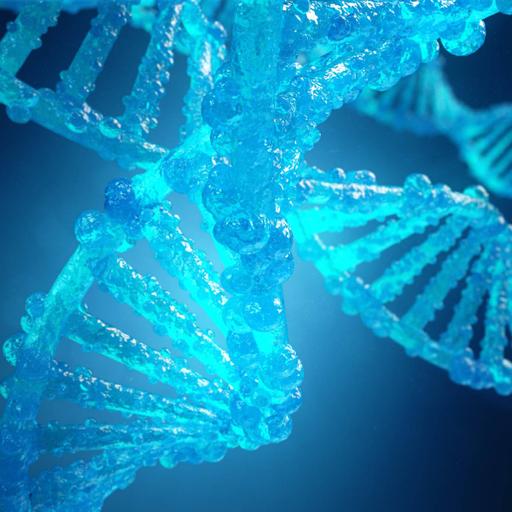Introduction to Genetics
Presentations | English
Genetics is the study of how genes bring about characteristics, or traits, in living things and how those characteristics are inherited. These traits are described by the genetic information carried by a molecule called DNA. Genes are specific sequences of nucleotides that code for particular proteins. Through the processes of meiosis and sexual reproduction, genes are transmitted from one generation to the next. Genes are found on chromosomes. Humans have two sets of 23 chromosomes (one set from each parent). Children inherit their biological parents’ genes that express specific traits such as some physical characteristics, natural talents, and genetic disorders. Augustinian monk Gregor Mendel developed the science of genetics. Mendel believed that factors pass from parents to their offspring, but he did not know of the existence of DNA. Modern scientists accept that genes are composed of segments of DNA molecules that control discrete hereditary characteristics. The set of all genes that specify an organism’s traits is known as the organism’s genome and the gene composition of a living organism is its genotype.

7.00
Lumens
PPTX (28 Slides)
Introduction to Genetics
Presentations | English
